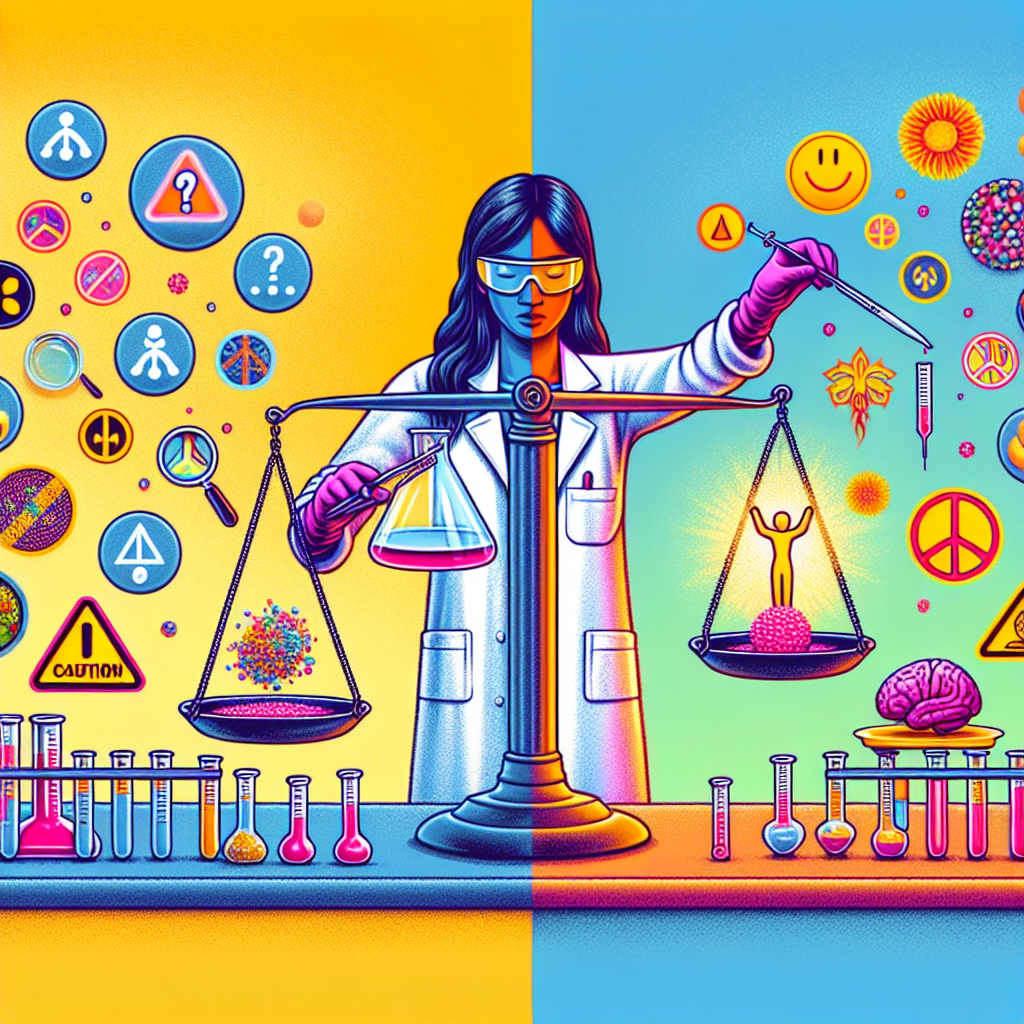The Secret Dangers and Breakthroughs You Never Knew about Psychedelic Clinical Trials

If we talk about mental health treatment, a new frontier is being explored – the use of psychedelic substances in clinical trials. This groundbreaking approach has been hailed as a potential game-changer, promising to revolutionize the way we treat conditions like depression, anxiety, and PTSD. But as with any new frontier, there are risks as well as rewards. Today we’ll pull back the curtain on the lesser-known aspects of these trials, revealing the hidden dangers and breakthroughs that could reshape our understanding of mental health treatment.
A New Frontier in Mental Health Treatment
Psychedelic substances, once relegated to the fringes of society, are now being seriously considered as potential tools in the fight against mental illness. Clinical trials are underway, exploring the use of substances like psilocybin (the active ingredient in magic mushrooms), LSD, and MDMA in treating a range of conditions, from depression and anxiety to PTSD and addiction.
But this is uncharted territory, and with it comes a host of questions and concerns. What are the risks? What are the potential benefits? And how do we balance the two?
The Potential Benefits: A New Approach to Mental Health
One of the most exciting aspects of psychedelic clinical trials is the potential for new treatment options. Traditional treatments for conditions like depression and anxiety often involve medication and therapy, but these don’t work for everyone. Psychedelics offer a different approach, potentially helping patients to confront and resolve issues in a way that conventional treatments can’t.
Early results from trials have been promising. Studies have shown that psilocybin can help to reduce symptoms of depression, while MDMA has been used successfully to treat PTSD. But these are early days, and more research is needed to fully understand the potential benefits.
The Risks: Navigating Uncharted Territory
While the potential benefits are exciting, it’s important to remember that these are powerful substances, and their use in a clinical setting is not without risk. The effects of psychedelics can be unpredictable, and there’s a risk of adverse reactions, including severe anxiety and panic attacks.
There’s also the question of long-term effects. While the short-term effects of psychedelics are well-documented, we know less about the potential long-term impacts. This is an area that needs further research.
The Ethical Considerations: Balancing Risk and Reward
As with any clinical trial, there are ethical considerations to take into account. How do we ensure that participants are fully informed of the risks? How do we protect vulnerable individuals? And how do we balance the potential benefits against the potential harms?
These are complex questions, and there are no easy answers. But they’re questions that need to be asked, and answered, if we’re to move forward with psychedelic clinical trials in a responsible and ethical way.
The Regulatory Hurdles: Navigating the Legal Landscape
Another challenge is the legal landscape. In many countries, including the US, psychedelics are classified as Schedule I drugs, meaning they’re considered to have no medical use and a high potential for abuse. This makes conducting clinical trials difficult, and changes to the law may be needed to facilitate further research.
There’s also the question of how to regulate the use of psychedelics in a clinical setting. What safeguards need to be in place? How do we ensure that these substances are used responsibly and safely?
The Future: A Brave New World of Mental Health Treatment?
Despite the challenges, there’s a sense of optimism about the future of psychedelic clinical trials. The potential benefits are significant, and there’s a growing recognition of the need for new approaches to mental health treatment.
But there’s also a recognition that we need to proceed with caution. The risks are real, and we need to ensure that we’re doing everything we can to mitigate them. This is a new frontier, and like all new frontiers, it’s one that needs to be navigated carefully.






